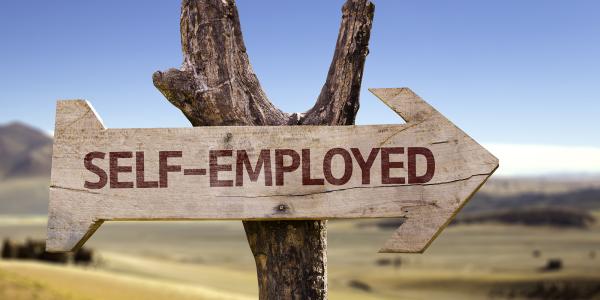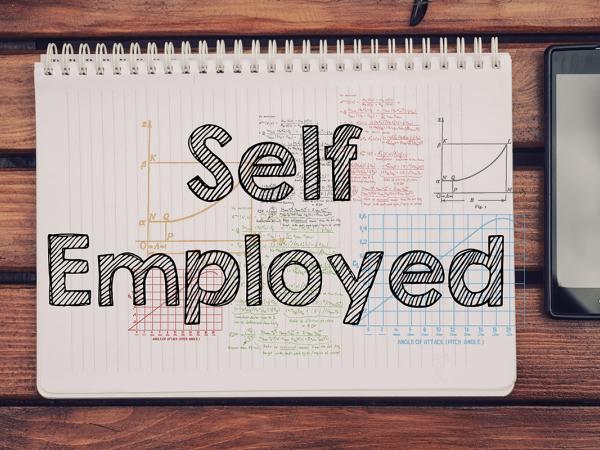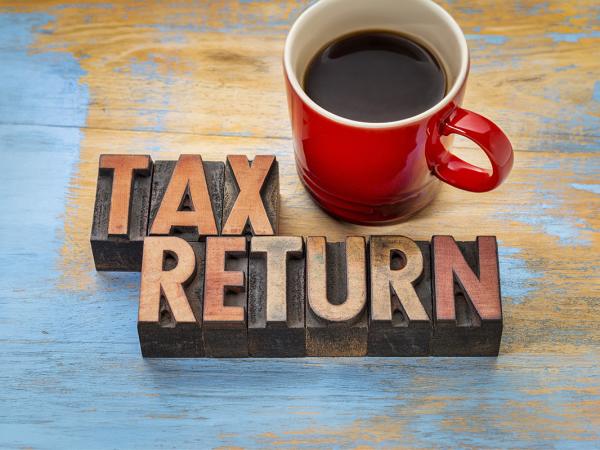Self-employment
Self-employed people are those who work for themselves. For some people, it is clear they are running their own business and are self-employed. However, it may not be as straightforward for others, and you may need to consider your employment status to decide whether you are employed or self-employed.

Content on this page:
Overview
You can be self-employed by either carrying on a trade by yourself (that is, as a ‘sole trader’), or as a partner in a partnership. You might be self-employed under the Construction Industry Scheme (CIS), or in the gig economy. You may also be both employed and self-employed for different activities – for example, you could work part-time in the day and run your own unrelated business in the evenings. You may also have more than one self-employment business, known as multiple trades.
If you have a limited company, you would not be self-employed with respect to the work carried out through that company. See our page on limited companies for more information.
Reporting self-employment income
When you have calculated your taxable profits from self-employment, you will generally need to report that income to HM Revenue & Customs (HMRC) so that you can pay the correct amount of tax and National Insurance. However, if you are entitled to trading allowance full relief, you may not need to report this income to HMRC.
Once you have registered as self-employed with HMRC, you should receive a notice shortly after the end of the tax year to tell you that you need to complete a tax return for the tax year that has just finished (see Collecting tax on self-employment income below).
In 2015, the government announced their intention to abolish self assessment tax returns. The tax return system will eventually be replaced by HMRC’s ‘Making Tax Digital for Income Tax’ regime for some self-employed taxpayers. This new way of providing HMRC with details of self-employment income is currently in the pilot stage. It is due to come into effect on a mandatory basis from April 2026 onwards for those who are affected.
Collecting tax on self-employment income
If you are self-employed, you must normally complete a self assessment tax return each year to report and pay any liability to tax and National Insurance on your profits. It is not usually possible for HMRC to collect any tax on your self-employment income through deduction at source, although there are exceptions such as working in construction or as an exam marker.
You only pay income tax and National Insurance contributions on any taxable profits you make – that is, the excess of your self-employment income when compared with deductible business expenses.



